One factor that will largely determine whether education will lift Africa or push it further into the abyss of poverty is the type of education its governments offer their teeming adolescents and youth. Is it appropriately positioned to spur or catalyse development?
With many countries in Africa experiencing high unemployment rates and equally high underemployment levels, there will need to be a major turnaround in these areas for African countries to have a fighting chance of rising. Curricula at both secondary and tertiary level need to be extensively re-engineered to reflect the needs of an evolving world and global village.

The African educational system needs to produce citizens equipped with an entrepreneurial spirit; individuals ingrained with the know-how to create valuable employment as well as individuals burnished with the right knowledge and relevant skills to obtain gainful employment and guarantee a secure future.
In August 2022, Uhuru Kenyatta, the then outgoing President of Kenya proudly announced that Kenya had included coding as a subject in its primary and secondary school curricula, making it the first African country to do so. In the course of his speech he said, “this, no doubt, will enhance employment creation, enable and scale up ICT innovation and the development of a dynamic and robust ICT sector that will enhance the growth of all sectors of our economy.
The master plan also guides investors while planning their investment priorities.” According to a report in TechCabal, one of the targets of the country’s well-crafted digital master plan is to set up over 20,000 village digital hubs across Kenya and the projection is that this, “will enable the government to employ an additional 40,000 youth directly to run the centres and train interested citizens.”
Such visionary leadership deserves to be applauded. Kenya is a country with a relatively low unemployment rate, put at 6.6% in 2021 going by data published by the International Labour Organization. In contrast, Nigeria, the most populous country in Africa holds the unenviable record of having one of the highest unemployment rates in the world (put at 33% according to Statista) and there is no country in the world that can rise, thrive or even survive in any meaningful way with such adverse numbers.
Innovative African youth
According Hicham El Habti, President, Mohammed VI Polytechnic University, OCP Group in his September 2022 article published by the World Economic Forum, ‘Why Africa’s Youth Hold the Key to Its Development Potential’, “More than 60% of Africa’s population is under the age of 25” and “by 2030, young Africans are expected to constitute 42% of global youth.”
It could be said that in spite of the lack of good governance (as opposed to because of it) which often fails to provide the ideal enabling environment for commerce and industry to thrive, Africa’s youth have consistently demonstrated exceptional ability and resourcefulness to create immense value.
As El Habti correctly observed, “African youths are increasingly taking an active role in shaping their future.” He further remarked that, “In Accra, Nairobi, Cairo or Benguerir, fully fledged start-up scenes are disrupting how we think about African agriculture, industry, IT and sustainability.
In the majority of cases, these businesses are spearheaded by Africans under the age of 35.” He went further to say that, “In fact, 2021 was a record-breaking year for Africa’s start-up scene, which secured over $2 billion in funding.” Nigeria’s startups received the bulk of this. This is not a small feat by any means.
During a virtual side event aligned with the Eighth Tokyo International Conference on African Development (TICAD8) in September 2022, Dr. Akinwunmi A. Adesina, the highly respected President of the African Development Bank revealed that the Bank was preparing to launch the African Education, Science, Technology and Innovation Fund.
In his own words, “the fund will serve as a continental co-financing facility to help African countries build innovation-led and knowledge-based economies.” As the rest of the world moves in this direction with its education agenda, Africa cannot afford to be left behind. Dr. Beth Dunford, the Bank’s Vice President for Agriculture, Human and Social Development further corroborated this viewpoint by insisting that, “in a world that is increasingly becoming a global village, thanks to technological revolution, educational institutions really have to prepare students adequately for full-time employment.”
Other factors
However, it is important to note that modernizing the curriculum and making it more relevant on its own will not be enough to transform the educational sector because the most crucial element required to make it work is to successfully secure the buy-in of the major stakeholders and adequately motivating them to make the agenda work. This is particularly true in Nigeria, where teacher morale is abysmally low.
In comparison, in Finland, a country that has consistently topped the global index on education, teachers and lecturers are not only adequately remunerated but great prestige is attached to their profession. In part because the criteria that must be met to qualify as a teacher is so rigorous that only those whose calling it is to teach, would subject themselves to such a demanding process.
Nigeria on the other hand runs a system of qualification which will never cease to baffle. The Joint Admissions and Matriculation Board (JAMB) marks required to pursue a degree in Education is lower than that of the regular degree, so what happens? A large percentage of those who undertake degrees in Education are those who missed the mark for a regular degree. And those are the people on whom the government saddles the responsibility of educating the country’s future leaders. It is difficult to imagine anything that better captures the term, anomaly.
Changing the nation…one mind at a time.
Source: BUSINESSDAY

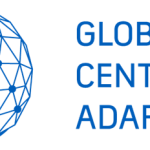

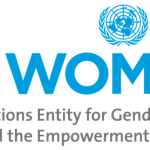
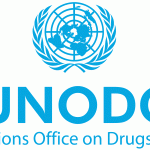


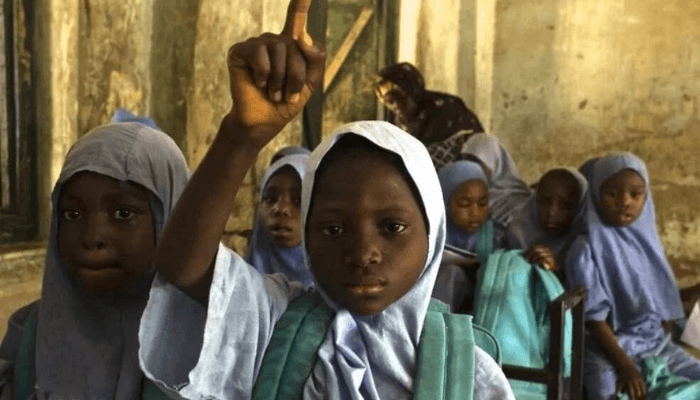


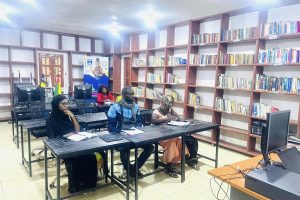









Add Comment